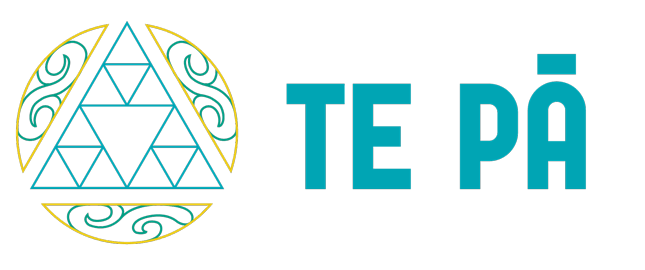Writer Paulette Crowley was lucky enough to ‘shadow’ a navigator recently while he helped John*, who had been deported from Australia to New Zealand the day before.
We picked up John from a budget hotel in the Auckland’s CBD. He was clean-cut, well-dressed and had a respectful manner. He removed his sunglasses to greet us and shake our hands.
He was quiet as we drove him around on the essential tasks of the day: connecting him with essential social services, visiting the IRD to resurrect his old tax number and the bank, where he needed a new account.
Every time he wanted a cigarette, he asked if he could go outside. We gently reminded him that he was free to move around as he wished: he was no longer incarcerated.
His quietness could probably have been explained by several things; his first day of freedom after being incarcerated for almost 10 years, missing his family, culture shock.
He marvelled at the squally Auckland winter weather. ‘How many times has it rained?’ he joked.
‘And it seems so slow here … it hasn’t changed much since I left.’
John was 15 years old when he left New Zealand. During his 25 years in Australia he had three children. They’re grown now, and will likely stay in Australia, although he hopes their Mum will join him to live here soon.
We have lunch with him – McDonald’s, the first time in a decade – where he chatted about his plans. He paid for lunch himself, politely declining our offer to pick up the tab. ‘I have funds my family have sent me but thank you anyway.’
His sister has offered to take him in but has four young children and a busy household, so he is reluctant to go there. He hadn’t seen most of his family for years.
Work? His face lights up during that conversation. He has forklift licences, he thinks. He can’t wait to get into it, and in fact isn’t keen on signing up for a benefit in the meantime.
‘I’ll just be earning my own money soon, anyway. It might be a waste of time to go on the dole.’
We provide him with a ‘Welcome Pack’, which included vouchers for Countdown and The Warehouse and a sim card with data for his phone. Good food is a priority for him. ‘I love to cook and haven’t been able to for years.’
As our day together progressed, we all became more relaxed as we got to know each other.
It became clear that though John was trying to stay positive, his heart was in Australia and that he saw his deportation was only a temporary legal blip.
‘I will appeal,’ he says of his visa revocation. Like many in his situation, he chose to fight his case from New Zealand, rather than stay in an Australian detention centre.
‘I’ll be back there soon.’
The PARS navigator is light-hearted and positive. His focus is on reconnecting John with whānau, rebuilding relationships where possible. Reconnection and renewal are the themes of the work.
‘John is a really positive guy. He’s trying his best to make the best of it and keep up a positive mental attitude.’
Two weeks after he was deported, I catch up with John on the phone to see how he’s doing.
‘Slowly, slowly, I’m getting there,’ he says. ‘It’s not as easy as I thought it would be. It’s hard getting to know everyone [family and old friends] again.
‘The PARS people have been a lot of help with job searching and driving me around to look at houses, and helping me get some groceries. It’s been very much appreciated.’
He’s now living with his sister while he continues to work with PARS on getting permanent accommodation and employment.
*Not actual name for anonymity purposes.

